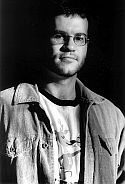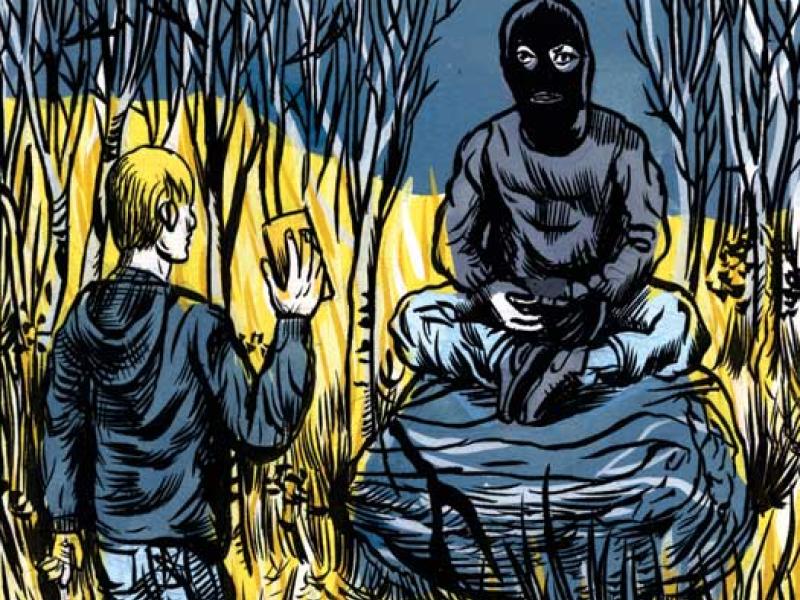
Tom Bissell is the author of a collection of short stories God Lives in St. Petersburg (Pantheon, 2005), winner of the Rome Prize, and two travel narratives: Chasing the Sea: Lost Among the Ghosts of Empire in Central Asia (Pantheon, 2003), cited by Condé Nast Traveler as one of the 86 best travel books of all time; and The Father of All Things (Pantheon, 2007), selected as one of the best books of the year by the Chicago Tribune, Salon, the Christian Science Monitor, the San Francisco Chronicle, and currently a finalist for the Los Angeles Times Book Prize. He is working on a travel book about the tombs of the Twelve Apostles.




0 Comments